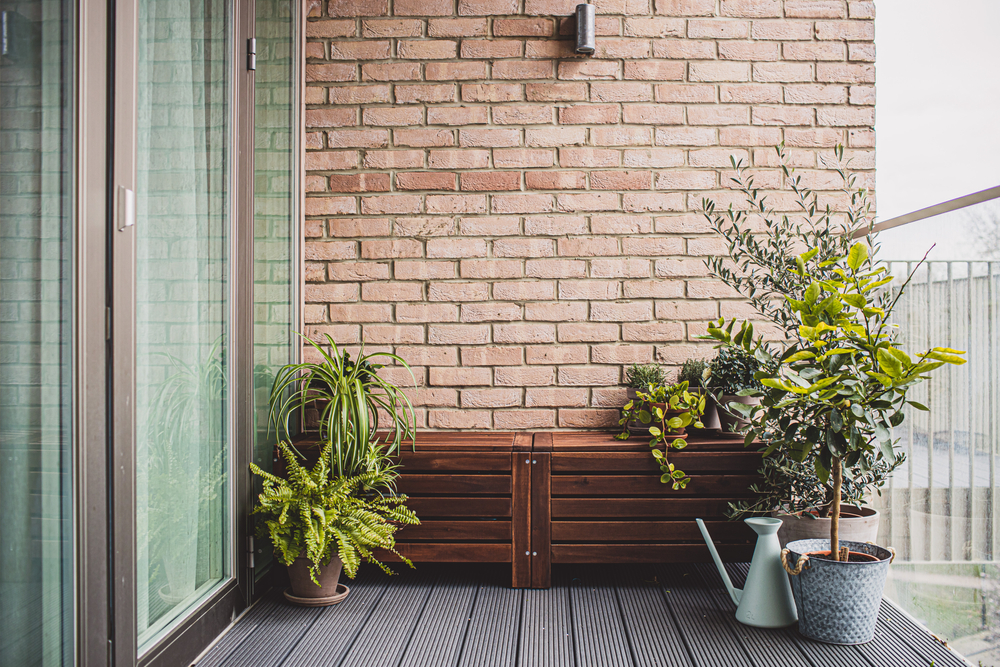Anyone who is on the property ladder or is in the process of getting on may have heard of the terms ‘leasehold’ and ‘freehold’.
The former can cause controversy and in some instances give rise to claims for compensation, because negligence by a conveyancing solicitor can lead to buyers not understanding the full implications of their lease and ending up at significant financial loss.
Today it has been reported that the Government is now planning reforms in this complex area of property and land ownership.
What is the difference between freehold and leasehold?
A freehold property means that the person(s) who own the property also own the land it is built on. With leasehold properties, the person(s) who own the property are in essence renting the land it is built on from someone else – the freeholder, who owns the land. Leasehold properties are typically new builds or apartments.
What are the problems that leasehold properties can cause?
Leasehold properties can trap property owners in a number of problematic situations, including ground rent costs spiralling out of control, an inability to sell the property on in the future because of these extreme costs and an inability to afford to buy the lease from the freeholder, in order to make it a freehold property.
Property leases have been around for a very long time and many would argue they are no longer fit for purpose, hailing from an age where owning land was commonplace.
Should I avoid buying a leasehold property?
Not necessarily, the main thing is to fully understand the terms of your lease. There are two key elements to this: how long is your lease for and how will your ground rent change over time?
Most mortgage lenders require a minimum of 125 years on a lease in order to be able to lend; this is where leaseholders extending their lease comes in, as if you own a leasehold property and want to sell, but there are only for example 75 years left on your lease, you may find that interested buyers struggle to get a mortgage approved.
The Government reforms that have been proposed also intend to increase the amount of time a lease can be extended for, as for new build properties it is currently only around 50 years and can be extended once. Extending the lease can also prove extremely expensive due to something called ‘the marriage value’, which is an additional fee to represent the increase in the value of the property.
The reforms intend to abolish this completely, which will make lease extension costs much more transparent.
The other thing is to understand if your ground rent will increase and when and by how much. In most instances this part depends largely on your solicitor and can often be where negligence occurs. Leases are big and complex documents, and need to be read thoroughly and interpreted accurately.
For example, you may buy a leasehold property with an annual ground rent of £100. But there could be a clause in the lease that means this increases by 25% once every 25 years. Sometimes these clauses are more complex and stated to occur at higher rates and more frequently, which can often leave leaseholder essentially trapped in their property.
More information on extending leases
Once a property has 80 years or less to run, an extension to the term of the lease has what is called “marriage value” and will improve the value.
Conversely the cost of extending a lease significantly increases once it has less than 80 years left.
The cost of obtaining a Lease extension can be substantial. An approximation can be obtained by using a calculator at www.lease-advice.org/calculator/. However further advice on this subject is best obtained from a valuer.
I am looking to buy or sell a leasehold, how can I trust my solicitor?
Choosing a conveyancing solicitor when buying or selling a home is a big and daunting decision. We say that researching conveyancing solicitors first is vital.
Look at the reviews of a law firm before contacting them.
If you choose to instruct Specters Solicitors for your leasehold purchase, you can be confident that our Conveyancers are qualified Solicitors with many years’ experience of reviewing leases and providing advice to leasehold purchasers.
Find out more about our conveyancing services here.
I think my previous solicitor may have been negligent in their review of the lease when I bought my property, what should I do?
If you think you may have been a victim of conveyancing negligence contact our professional negligence team today for a free initial consultation.






